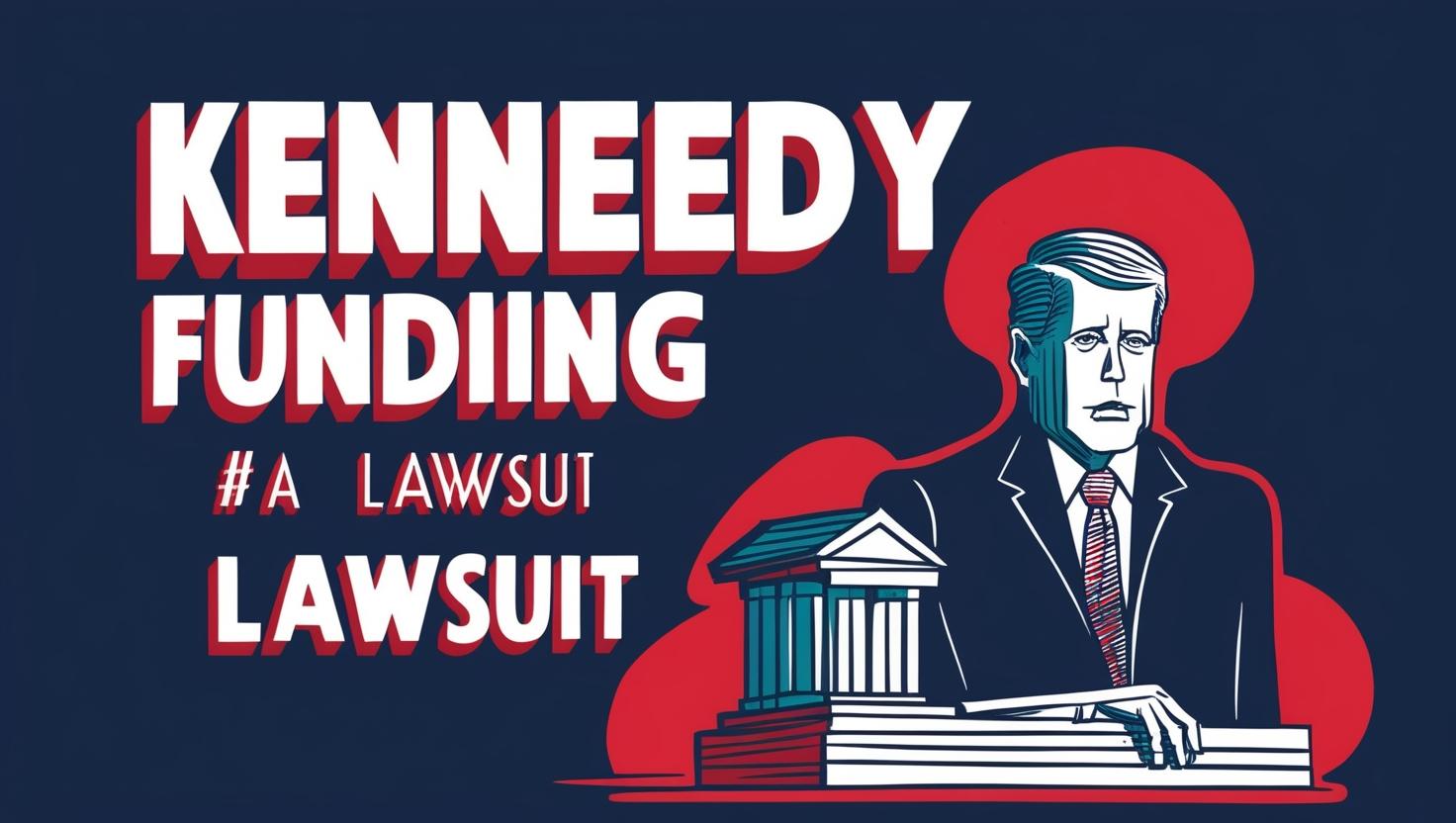Real estate financing is a complex field, often giving rise to legal conflicts that reveal challenges in financial agreements and contractual obligations. One such high-profile case involves Kennedy Funding, a private lending firm that has faced multiple lawsuits over its business practices. This article explores the background of the company, its notable legal battles, and the key takeaways for lenders and borrowers.
About Kennedy Funding
Kennedy Funding is a New Jersey-based private lender specializing in hard money loans—short-term, high-interest financing backed by real estate. These loans are often used by borrowers who cannot secure traditional bank funding. The company primarily provides bridge loans, offering temporary financial support until long-term solutions are in place.
Major Legal Disputes Involving Kennedy Funding
Over the years, Kennedy Funding has been involved in multiple legal battles, each exposing different aspects of real estate lending and financial agreements. Below are some of the most significant cases:
1. Three Keys, Ltd. v. Kennedy Funding (2006)
- This case concerned a property development project in Ft. Myers, Florida, where Kennedy Funding and Three Keys co-lent $16 million to struggling property owners.
- When the borrowers defaulted, disputes arose over environmental violations, unpaid taxes, and property liquidation costs.
- Three Keys claimed Kennedy Funding excluded them from key decisions and mismanaged funds.
- A jury initially awarded Three Keys $5.3 million, but the ruling was later overturned in favor of Kennedy Funding.
2. Construcciones Haus v. Kennedy Funding (2008)
- A Mexican company, Construcciones Haus, applied for a $3–8 million loan for a housing project and paid a $120,000 upfront fee.
- The deal fell apart due to disagreements over property valuation, with the borrower accusing Kennedy Funding of using an unqualified appraiser to undervalue the property.
- Construcciones Haus sued to recover their initial fees, arguing unjust enrichment.
- Some claims were dismissed, while others moved forward, highlighting legal complexities in cross-border real estate deals.
3. Shelton v. Kennedy Funding (2010)
- This case involved a cemetery sale in Arkansas, where the buyer, Willie Acklin, financed the purchase through a promissory note and later sought a loan from Kennedy Funding.
- Kennedy Funding withheld $675,000 intended for the seller, Virgil Shelton, anticipating a possible loan default.
- Shelton sued, citing violations of Arkansas’ Statute of Frauds.
- The court ruled in Shelton’s favor, awarding him $1.675 million in damages.
4. Fortis Bank v. Kennedy Funding (2010)
- Fortis Bank and other investors pursued a $282 million claim, alleging that Kennedy Funding misrepresented risks associated with certain loans.
- The case emphasized the need for transparency in financial agreements and proper risk disclosure.
- The Eighth Circuit found that Kennedy Funding breached its contract, resulting in penalties and reputational harm.
Key Lessons from the Kennedy Funding Lawsuits
These legal battles offer crucial insights for both lenders and borrowers in the real estate industry:
- Clearly Defined Contracts – Loan agreements should have precise terms to prevent disputes and misunderstandings.
- Accurate Property Valuations – Engaging qualified, independent appraisers ensures fair and transparent loan assessments.
- Open Communication – Regular updates between lenders and borrowers help build trust and reduce conflicts.
- Legal and Ethical Compliance – Operating within legal and ethical frameworks is essential for maintaining a lender’s credibility.
- Thorough Risk Assessment – Both parties must carefully evaluate financial risks before entering into agreements.
Final Thoughts
The legal cases involving Kennedy Funding illustrate the complexities of real estate financing and the importance of clear agreements, fair appraisals, transparent communication, regulatory compliance, and risk management. By learning from these disputes, industry professionals can navigate financial transactions more effectively, fostering a more ethical and trustworthy lending environment.










